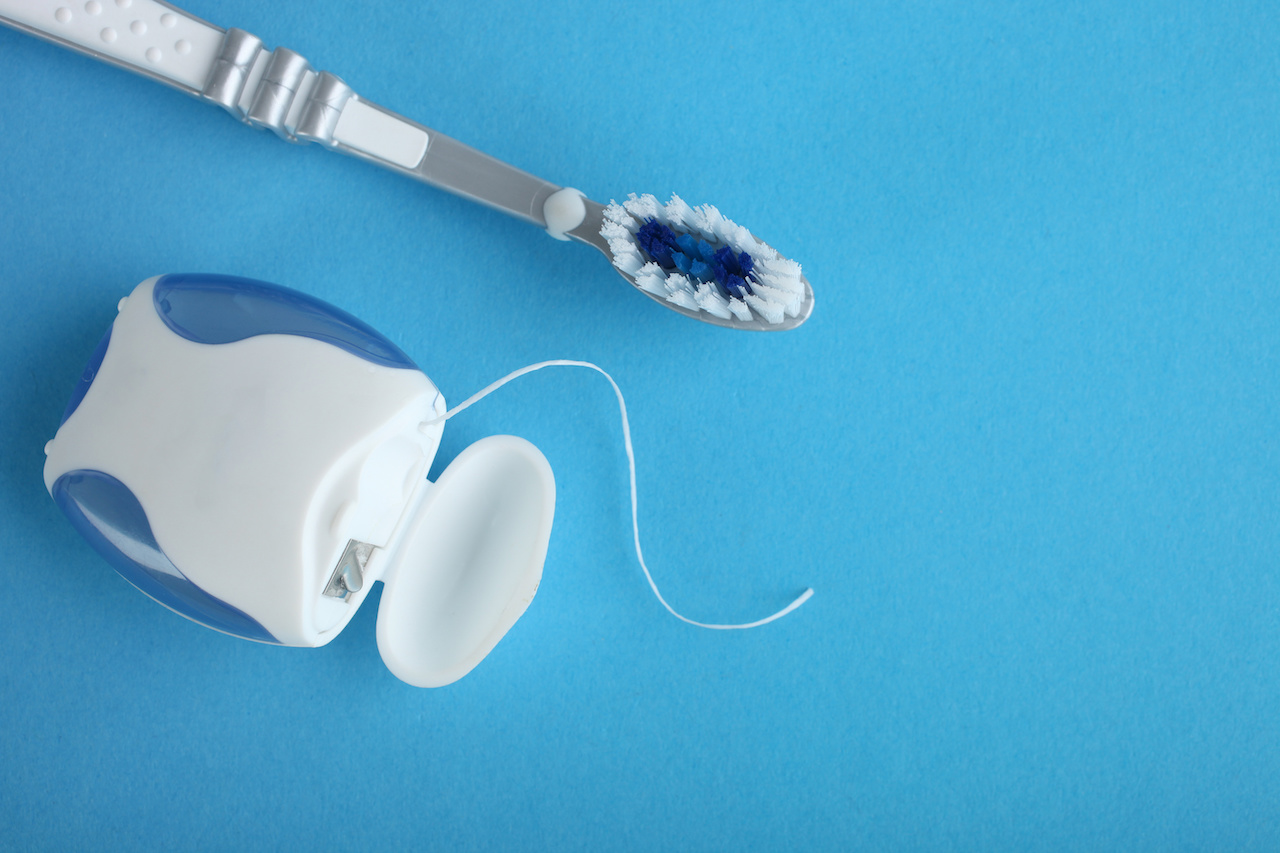New Patients Always Welcomed!
Our doors are always open to new patients. We take a lot of pride in the experience we provide to every patient. We love new patients who say they’ve never been excited about going to the dentist — we see it as an opportunity to show what we’re all about. Friendly, gentle, high-tech, and comfortable care.
Our dental practice is committed to providing you and your family with safe, gentle, and state-of-the-art dental care. We understand that you, or your child, may feel anxious about visiting the dentist; you are not alone, and our practice puts forth an extra effort to make sure that you are comfortable and happy every time you visit our practice. We are sensitive to your needs as a patient; you can always count on receiving individual attention from Dr. Rosales and his staff.
Your first visit is all about you – your comfort, your happiness, and your dental health.
Financial Solutions
Payment is expected and deeply appreciated at the time service is rendered. The cost of treatment may vary depending on your individual needs and treatment plan. Dr. Rosales and his staff will discuss with you the cost of your treatment, and each of your available payment plan options, so that you are able to make the best choice for you, your smile, and your family.
We accept most major PPO dental insurance companies such as Aetna, Anthem Blue Cross, Cigna, Delta Dental, Metlife, Denti-cal and many others.
For your convenience, we accept credit cards and personal checks. We also offer financing options.
Please call us to find out more: (626) 938-1236.
General and Family Dentistry
Exams, cleanings, and more for patients of all ages.


Cosmetic Dentistry
From little touchups to smile makeovers, we do it all
Restorative Dentistry
Fix your teeth forever with crowns, implants, and more




